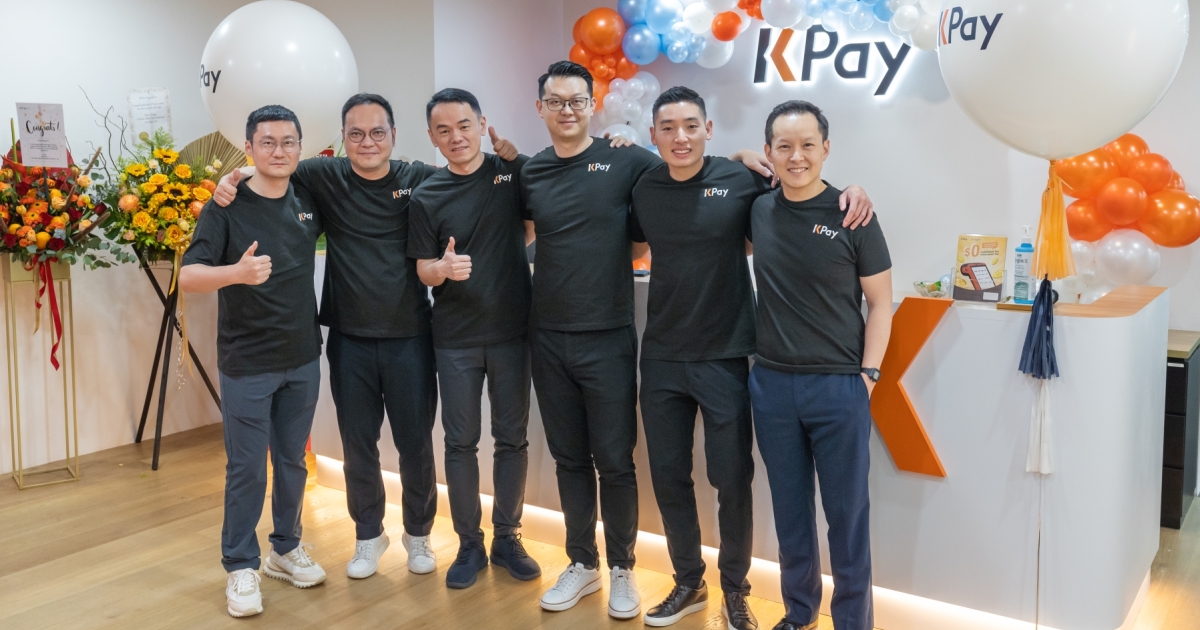TOKYO, Japan — Following a 17-year absence, Sony Group has purchased the Japanese rights to the Sesame Street children’s characters, with intentions to strengthen its entertainment business with new material ranging from merchandising to video games, according to Nikkei. The licensing agreement was signed by Sony Creative Products, which oversees the group’s intellectual property rights, and Sesame Workshop, the U.S. nonprofit behind the brand. One goal is to reintroduce the series to Japanese television. The move emphasizes Sony’s commitment to entertainment, which accounts for approximately half of the company’s revenue from video games, music, and movies. The global content war has heated up, pitting the Japanese conglomerate against companies such as Walt Disney Co., Netflix, and Microsoft. Sony is able to tap a wide range of enterprises under its umbrella, whereas tech giants are better funded. SCP President Ken Ohtake stated, “In addition to traditional licensing, we want to cooperate with the entire Sony Group this time to establish revenue opportunities.” Sony has recently acquired U.K. podcast developer Somethin’ Else, invested in Fortnite creator Epic Games, and purchased anime streaming provider Crunchyroll. From 1989 through 2004, Sony had the Japanese rights to Sesame Street and focused on marketing branded items. This time, it will begin with clothes and other products before expanding its collaboration with Sesame Workshop to a range of industries. In 1971, Sesame Street was added to the public broadcaster NHK’s regular programming to assist people learn English, and it quickly gained a following among people of all ages. However, NHK ceased broadcasting the series in 2004, and TV Tokyo, which took over, did so in 2007. SCP will encourage Japan’s broadcasters to restore Sesame Street’s place in regular programming by collaborating with Sesame Workshop to generate material customized to Japanese audiences. In Japan, restoring the series’ recognition and appeal, which has dwindled since its cancellation, will be a problem. Japan-specific material might be broadcast on television as well as streamed online for a price. New Sesame Street episodes are first available on HBO Max, a subscription service, in the United States, before broadcasting on PBS, the public broadcaster. Other possible revenue options include music by Sony-affiliated artists utilizing Sesame Street characters, as well as instructional games for mobile and PlayStation. Sony has moved its focus from electronics to entertainment since it last owned the rights to Sesame Street 17 years ago. SCP has had some success licensing brands from other countries. In just five years, it more than doubled its revenue in Japan by acquiring the rights to Peanuts in 2009 and Peter Rabbit in 2012. The company hopes to quadruple its merchandising sales in Japan to roughly 8 billion yen ($72.3 million) in three years as part of its plan to resurrect Sesame Street in Japan. Its goal is to raise brand awareness through events and other means. Sesame Street first aired in the United States in 1969. Sesame Workshop, the brand’s operator, is present in over 150 countries, including Japan, where it collaborates with local governments to provide instructional content for schools. Sesame Workshop has tried to raise awareness about diversity and other social concerns as an educational nonprofit. Characters with autism and a father battling with addiction have appeared in the American version of the show, for example. As part of its attempts to satisfy the United Nations’ Sustainable Development Goals, Sony wants to create Japan-specific characters and other material./n
Read MoreSony paves way for return of Sesame Street to Japan with new deal
2021-06-30T17:00:50-04:00June 30th, 2021|





